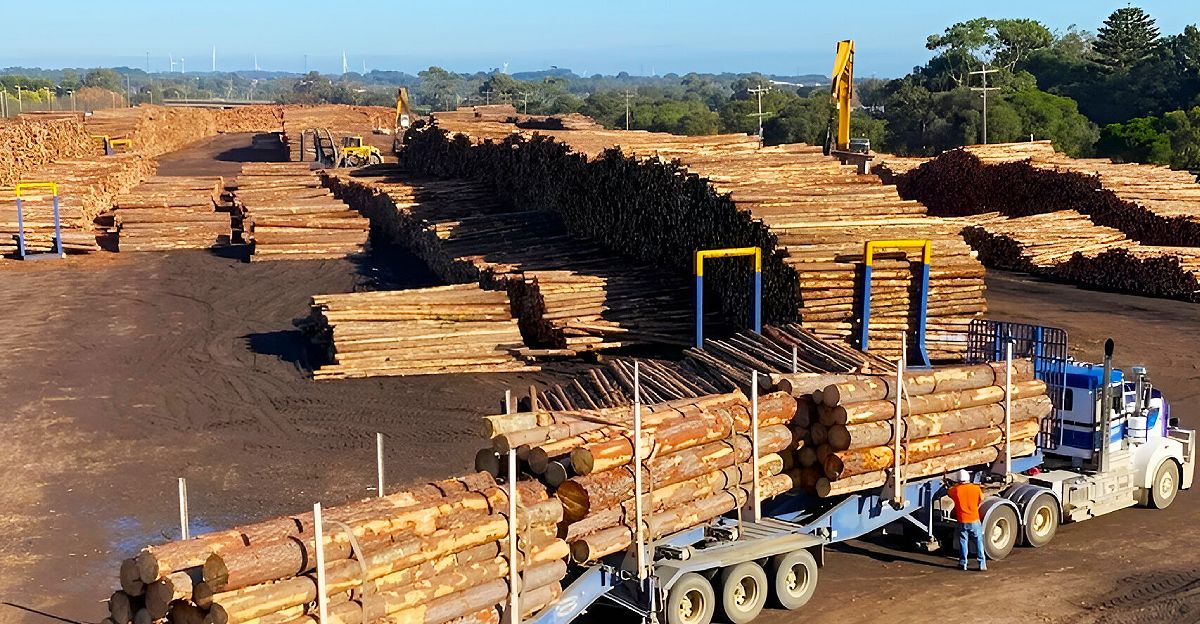
International Timber and Veneer (ITV) is responsible for custom-cut veneer, but recently, the company has announced that the Jackson Center facility in Pennsylvania is being shut down, having implications on both the products that they supply and the employees who work at the plant.
The company is shifting the blame to China, citing the country’s recent bans on U.S. log imports. This has affected global trade conditions for ITV, in a world where political policies can have a huge impact on international businesses.
Why The Ban?
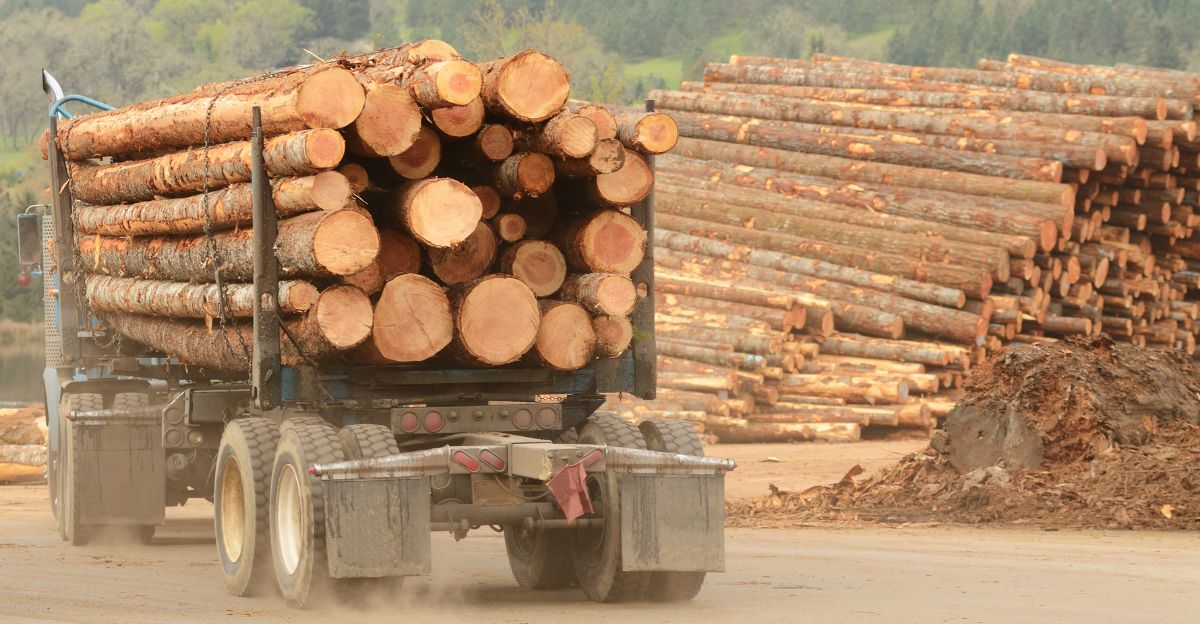
The ban on U.S. logs imported started in March 2025 after China’s customs authority allegedly made a concerning discovery. The authority claims to have found pests, including bark beetles, within the imported goods.
This means that, at least according to official statements, China is banning log imports in the interest of keeping out invasive pests that could do irreparable damage.
The Scope Of The Trade War
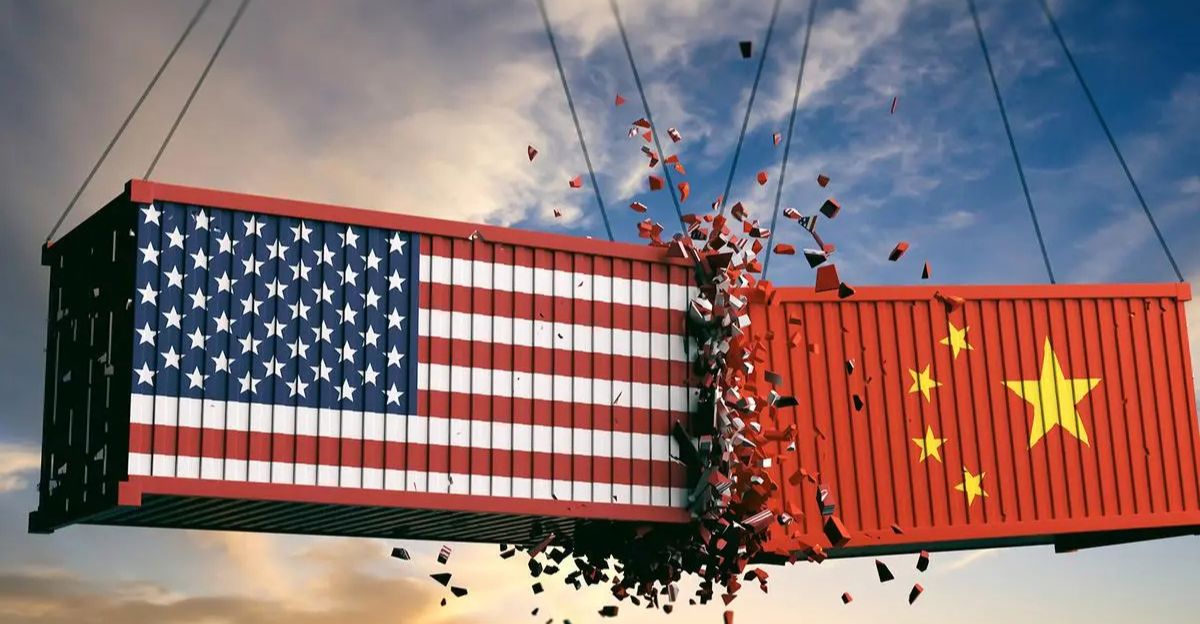
According to log broker Seth Riggio and other analysts within the U.S. timber export sector, the ban could be motivated by more than pest problems.
This is only one of the most recent bans as trade tensions escalate between China and the U.S. Tariffs have been set on either side, restricting more than just log imports. The timber industry will take the most recent hit due to this ban.
Pennsylvania’s Timber Industry
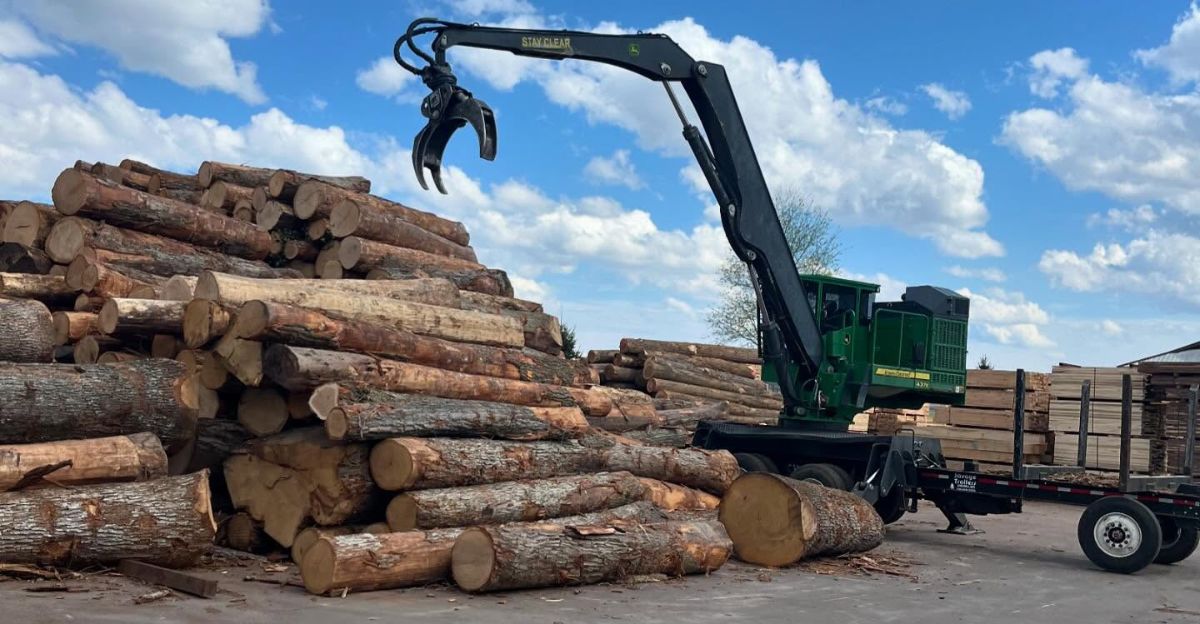
Pennsylvania is an important state when it comes to producing hardwood and supplies not only domestically but to other countries, notably China. Oak, maple, and birch are all used in veneer and sawlog products that are crucial to a lot of Chinese manufacturing.
Without access to these products, even in the short term, alternative supply chains could be found, having implications for the future of companies like ITV.
ITV’s Struggles

ITV has faced numerous challenges, even before the Chinese ban on the products. The company has been dealing with complications due to rising labor and equipment costs, pushing profit margins down.
Skilled labor shortages as the demand for their products has also played a part. The company has said that “increasingly unpredictable customs policies” made it very hard to plan ahead of time and secure important materials.
Impact On Communities

With the Jackson Center facility shutting down, there are broad impacts on communities that rely on the jobs that it creates.
Employees could be displaced and find it hard to find other manufacturing jobs within their niche in rural areas. Entire communities could destabilize as the plant which aided in boosting the local economy ceases its operations.
The Global Timber Trade
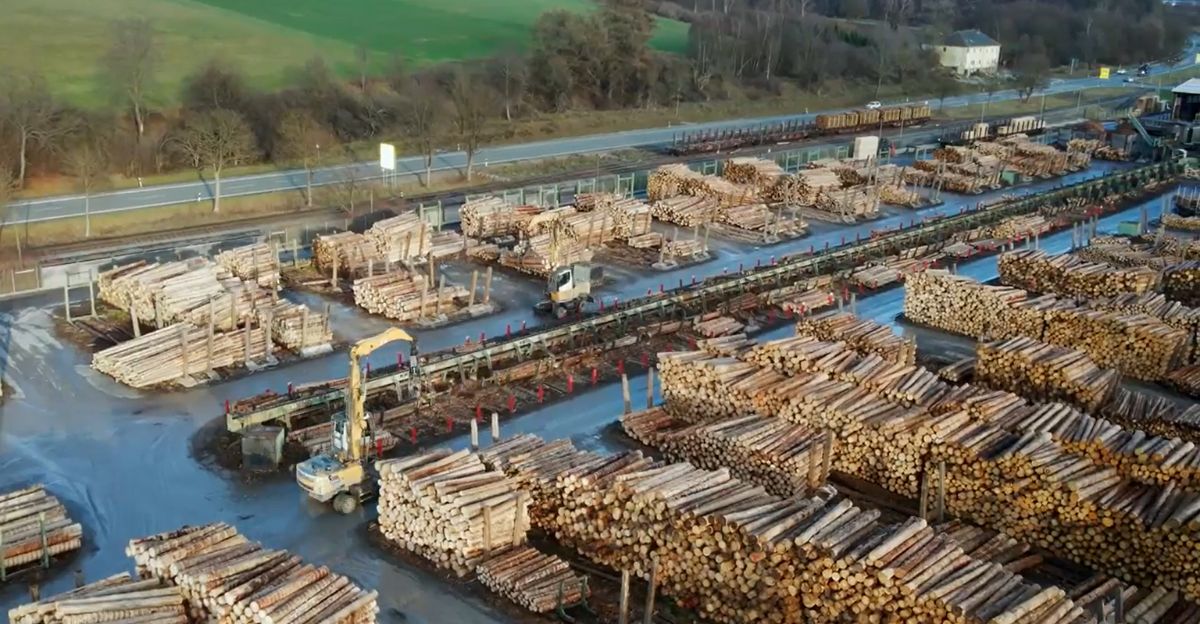
The banning of U.S. log imports means that current suppliers in the United States could be replaced by other exporters that don’t have the same restrictions, such as New Zealand, Canada, and Europe.
With China being the largest importer of logs, U.S. timber companies will be left behind if supply chains are set up with other countries and could change the global timber trade for years to come. Timber trade analysts say that about 5% of China’s imported softwood came from America.
New Possible Markets
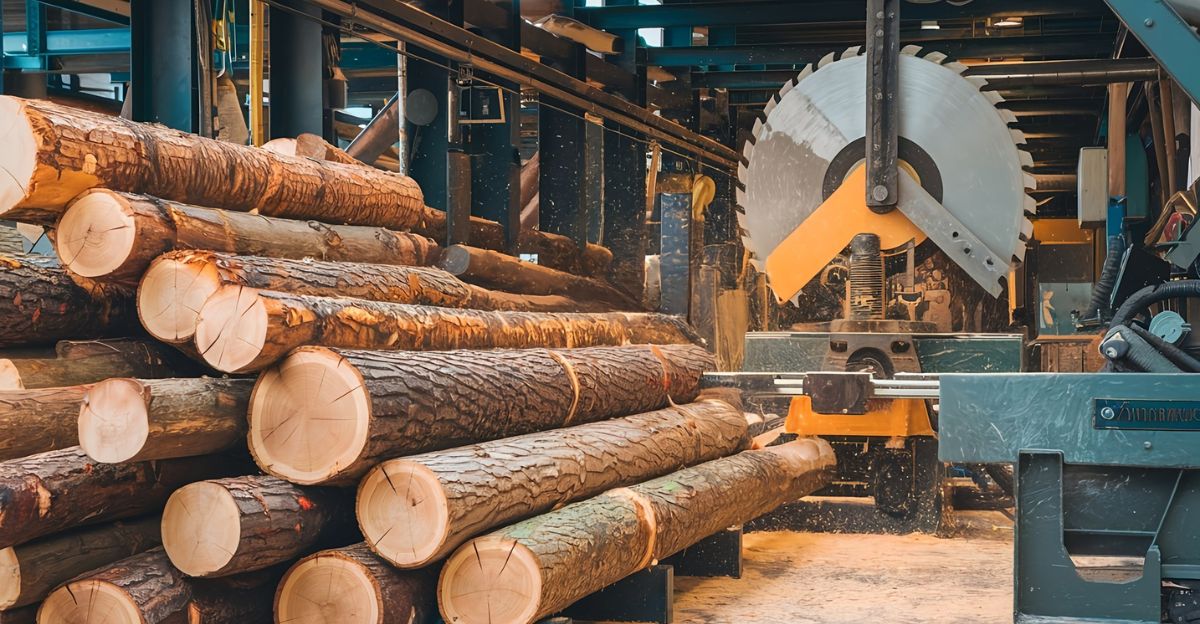
Many timber companies are going to have to adapt as supply chains get severed to China due to the ban. There are alternative markets like Vietnam and domestic buyers, but unfortunately they are not as profitable as China is.
The ban needs to be lifted soon, or else more timber mills may have to shut down and the price of U.S. logs will drop.
Political Fallout
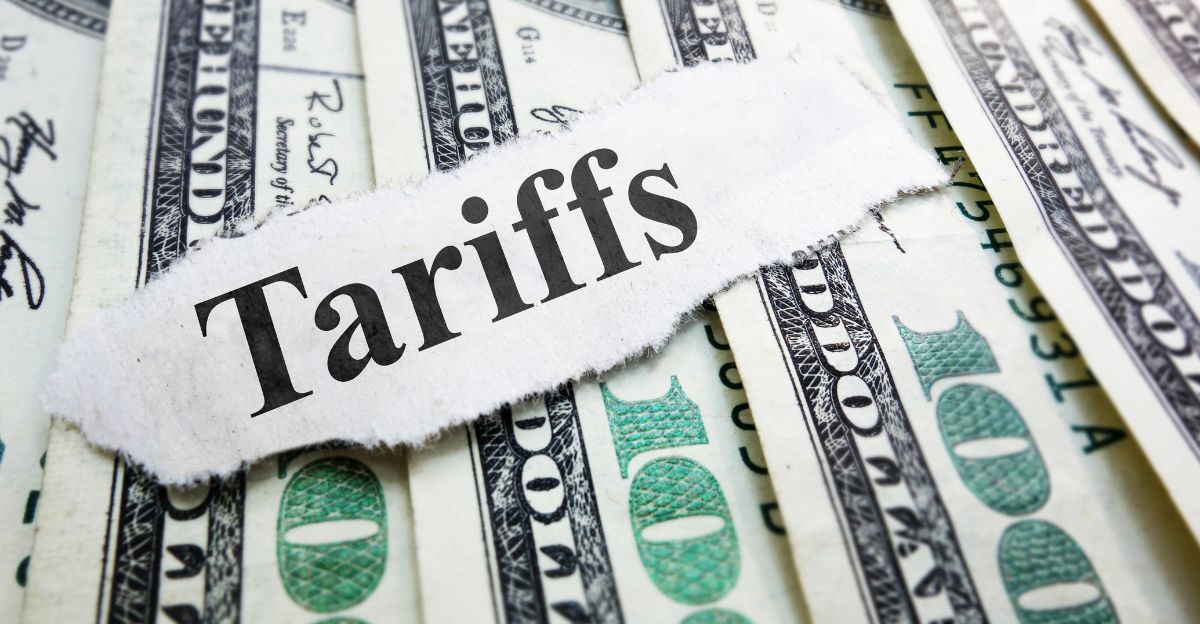
With this ban being the latest escalation, most likely fueled by trade tensions between the United States and China, there could be retaliatory tariffs imposed by the U.S. This tit-for-tat approach has been seen in the past, and could emerge again.
The ban could also further misplace trust between the nations and serve to make future cooperation more difficult.
The Future
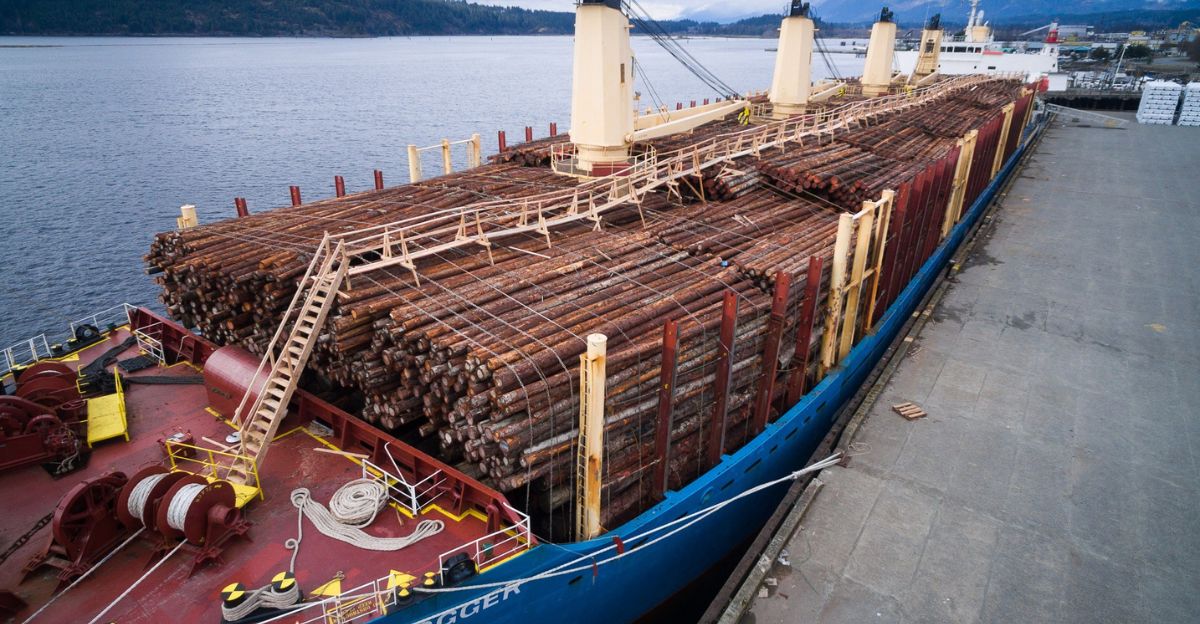
Log exporters are going to continue to suffer as long as the ban remains in place, meaning that all hope hinges on an agreement happening between the two nations.
The ITV plant closing is merely the start of what’s to come for the U.S. log industry. For now, companies and employees affected are shouldering the brunt of the circumstance.
